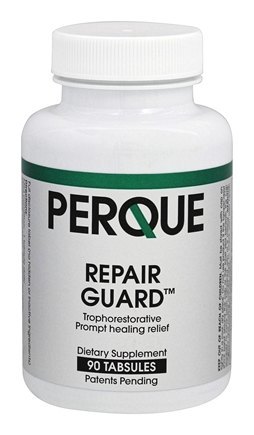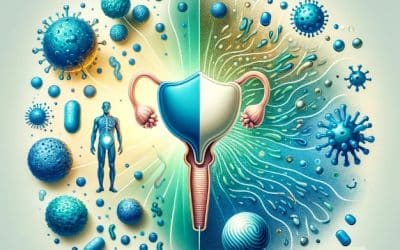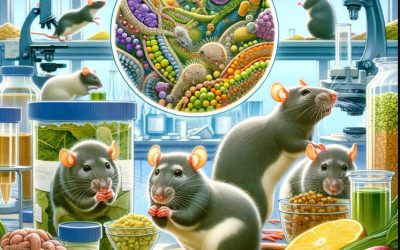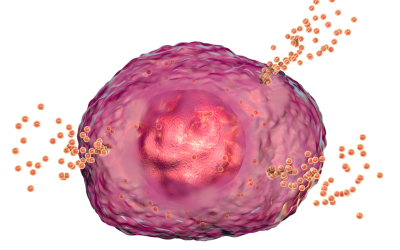I often recommend quercetin to my clients that I educate on supplements that are beneficial for modulating inflammation. During my research on the benefits of quercetin, I found some interesting literature that seems promising in the therapy of bladder conditions. UTI’s are one of the most common bacterial infections of the bladder and account for almost 95% of all the visits to physicians for UTI’s (Wang et al., 2012). Patients with acute cystitis always have symptoms of dysuria and increased frequency and urgency of urination. As I have already experienced, this can seriously affect a person’s quality of life. The incidence of acute cystitis is high, and the course of acute cystitis is urgent. If acute cystitis cannot be treated promptly, it will be transformed into chronic cystitis. “It can also be transformed into cystitis glandularis, and finally into bladder cancer. It can also induce nephritis. Therefore, timely treatment of acute cystitis is necessary” (Wang et al., 2012).
Currently, acute cystitis is commonly treated by systemic application of antibiotics and anti-inflammation agents. However, only a small amount of systemically administered drugs can reach the bladder. In recent years, the anti-inflammatory effect of querctin (QU) has been well recognized, demonstrating promising clinical application. Recently, it was found that QU can be used to prevent interstitial cystitis (Wang et al., 2012). There are many quercetin containing supplements available in the market, and some of them specifically aimed to treat the bladder. One of them, Cystoprotek, contains QU and rutin with the aims of reducing bladder wall inflammation (Theoharides, Kempuraj, Vakali, & Sant, 2008). Unfortunately it was recently pulled off the market. An older product, Cysta-Q, was shown to provide symptomatic improvements in patients with IC (Katske et al., 2001). Personally, neither of these supplements did anything significant for my IC symptoms at the time I was taking them. This could be due to the inability of the active ingredients to reach the bladder.
Another product that seems promising is Perque Repair Guard. The antioxidant value is of 12 servings of fruits and vegetables. It has 1g of quercetin per tablet. And other healing ingredients such as pomegranate juice powder, OPC, magnesium, chlorophyll, turmeric, and vegetable fiber.
Interestingly, some clinicians are exploring intravesical administration. This means directly instilling the drug solution into the bladder through a urethral catheter, ensuring maximum delivery of active ingredients to the bladder (Wang et al., 2012). According to Wang et. al, the bladder is an idea organ for regional therapy because it urethra provides easy access of the therapeutic agent to the bladder (Wang et al., 2012). In addition, intravesical drug administration has other potential benefits such as avoiding the first-pass metabolism, increasing drug utilization and reducing system toxicity and side effects (Wang et al., 2012). The study conducted by Wang et. al involved encapsulating nanoparticles of water soluble QU into micelles to ensure proper absorption. The results of this study found that intravesical application of the micelles did not induce any toxicity to the bladder. Even better, intravesical administration of QU micelles efficiently reduced the inflammation of the bladder with E. coli-induced acute cystitis. Results indicated that the quercetin micelle treatment can efficiently reduce the edema and inflammatory cell infiltration of the bladder in an E. coli-induced acute cystitis model (Wang et al., 2012). The data from this study proved the hypothesis that QU had potential application in acute cystitis therapy. I am looking forward to seeing future studies in the application, as there are millions of men, women, and even children suffering from this very debilitating condition!
References
Katske, F., Shoskes, D. A., Sender, M., Poliakin, R., Gagliano, K., & Rajfer, J. (2001). Treatment of interstitial cystitis with a quercetin supplement. Tech Urol, 7(1), 44-46.
Theoharides, T. C., Kempuraj, D., Vakali, S., & Sant, G. R. (2008). Treatment of refractory interstitial cystitis/painful bladder syndrome with CystoProtek–an oral multi-agent natural supplement. Can J Urol, 15(6), 4410-4414.
Wang, B. L., Gao, X., Men, K., Qiu, J., Yang, B., Gou, M. L., . . . Wei, Y. Q. (2012). Treating acute cystitis with biodegradable micelle-encapsulated quercetin. Int J Nanomedicine, 7, 2239-2247. doi:10.2147/ijn.s29416








